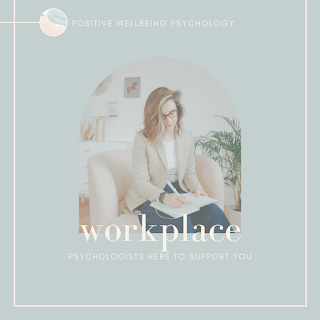When to know depression requires professional treatment with a registered psychologist?
Everyone wakes up feeling flat, sad, moody from time to time. Depression, however, is a more consistent feeling of flat affect that does not budge. Often individuals with depression have described feeling extreme sadness, flat or low mood, or a sense of ‘emptiness’ for a prolonged period of time – sometimes lasting weeks, other times depression episodes may last months or years.
Depression isn’t just about ‘feeling down’ as a response of an environmental trigger. Depression is presents with a number of other symptoms and has been found to significantly interfere with daily life and relationships.
What are the symptoms of depression?
An individual may be depressed if, for more than two weeks, they have experienced either (or both) of the following symptoms:
- a sense of sadness, emptiness, or low mood for most of the day, nearly every day
- a loss of interest or pleasure in almost all activities, even ones usually enjoyed
For a diagnosis and treatment of depression, a psychologist is trained to identify a range of factors that indicate symptoms of depression that impact on a person’s daily life. Some of these include changes to their appetite and sleep, lethargy, worry and negative thinking patterns. Below we explore a few of these factors in a little more detail to assist individuals in learning when to reach out to a experienced psychologist in the treatment of depression.
In what ways can depression disrupt my daily functioning?
- Sleep – trouble getting to sleep or disrupted sleep
- Increased/reduced appetite – not eating as much as usual or skipping meals/eating more
- Reduced energy –feelings of fatigue, reduced energy, lack of motivation leading to difficulty maintaining usual routines
- Lack of concentration – at school, work, or university, often resulting in feelings of failure and feeling worse about yourself
- Diminished self-esteem –seeing everything you do in a negative lens
- Irritability and restlessness – less tolerance, losing temper, yelling, or acting out displaying a disproportionate emotional response in relation to the context of the event
- Negative thinking patterns (about yourself and the world around you) – feeling hopeless, believing that nothing is going to change, thinking you are a ‘burden’ or ‘hindrance’ to your friends or family, resulting in withdrawal behaviour or social isolation
- Social isolation and withdrawal – everything is an effort, therefore want nothing more than to withdraw and shut everyone
- Thoughts of death or suicide – lost your sense of purpose, feeling that it would just be easier not being here. The list goes on …
What are the well-research therapies and techniques for the treatment of depression?
- Cognitive-Behavioural Therapy – CBT is aimed to significantly improve your mood, self-esteem, motivation and day-to-day interest in usual activities once again.
- Behavioural Activation – aimed to help you engage more often in enjoyable activities and improve your motivation.
- Interpersonal Psychotherapy – aimed to improve the quality of your relationships and social functioning to help reduce overall distress levels.
- Mindfulness-Based Cognitive Therapy – shown to be effective in preventing future periods of depression.
You can read more on evidence-based strategies for treatment of depression with a registered psychologist on the Australian Psychological Society website.
How can Positive Wellbeing Psychology help me?
At Positive Wellbeing Psychology, our psychologists are trained in a range well-researched therapies and techniques found to be highly efficacious in alleviating symptoms of depression.


Comments
Post a Comment